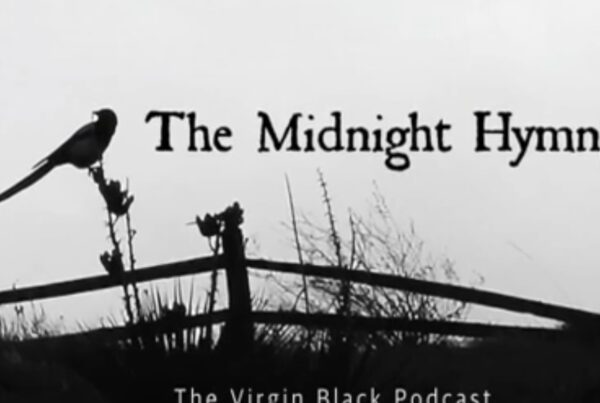Collaborating with other musicians can be an incredibly fulfilling experience, whether as part of a band or those amazing one-off collab experiences. It allows you to combine your creative energies with others, potentially creating something even more significant than what you could accomplish by yourself. However, things can quickly become complicated when it comes to the business side of things. That’s why it’s crucial for artists in a band or collaborating with other musicians to put their agreements in writing. Doing so can prevent disputes down the road and ensure that everyone is on the same page.
Here are some reasons why putting your agreements in writing is so important:
It clarifies expectations.
When working with other musicians, being clear about everyone’s expectations is essential. This can include how much time each member is expected to put in, how profits will be split, and what happens if someone wants to leave the group. Putting these expectations in writing can help ensure everyone is on the same page and prevent misunderstandings.
It protects everyone involved.
Having a written agreement can protect all parties involved. For example, if there is a disagreement about how profits should be split, having a written agreement can help settle the dispute. Additionally, if someone tries to leave the group, a written agreement can outline what happens to their share of the profits and any intellectual property they may have contributed.
It helps prevent legal issues.
When working with other musicians, it’s essential to protect yourself legally. A written agreement can help do just that. It can outline who owns what intellectual property, what happens if someone breaches the agreement, and how disputes will be resolved. This can help prevent legal issues and save everyone involved time, money, and stress.
It encourages professionalism.
Putting your agreements in writing is a professional way to handle business. It shows that you take your music seriously and are willing to work to ensure that everyone is treated fairly. This can also help establish trust between members and create a more positive and productive working relationship.
Collaborating with other musicians can be a fantastic experience, but it’s crucial to handle the business side of things professionally. By putting your agreements in writing, you can clarify expectations, protect everyone involved, prevent legal issues, and encourage professionalism.
If you’re working with other musicians, take the time to create a written agreement. It may take some effort upfront, but it can save you a lot of trouble down the road.
What’s in a Band or Collab agreement?
Like any partnership, an agreement between artists should take the emotion out of any decision-making with clear, practical steps to find the answer to questions that may become a problem in the future. An example of things that could be included are:
- Band name, member names, and roles: Clearly identify the members of the group and their roles within the band. (eg: if Charlie is solely responsible for driving the tour van, Sally puts in a lot of time keeping social media up to date and Yolanda isn’t expected to do anything, but then she gets a smaller portion of the profits)
- Ownership and control: Outline who owns the band’s name, songs, recordings, and other intellectual property, as well as who has control over decisions regarding theses. Don’t forget to include use of the band’s name, logo and imagery along with the songs, recordings and lyrics.
- Profit sharing: Specify how profits and expenses will be split among the members of the group.
- Rehearsal and performance schedules: Establish expectations around rehearsal and performance schedules, including how often the group will rehearse, where rehearsals will take place, and how often the group will perform. If Sally hates playing live, but Yolanda wants to organise a 30 night tour with only 4 days of breaks in total, then this is the kind of conflict the agreement will help with)
- Recording and distribution: Detail how the group plans to record and distribute its music, including who will handle production, marketing, and distribution. If you are with Dark Escapes as an artist, then this will be covered! If not – make sure you agree on the intention here.
- Termination and dissolution: Plan for the possibility of the band breaking up or members leaving, including how this will affect the ownership of intellectual property and profits. For example – Yolanda is thinking about leaving the band, but as the main lyricist and singer, she wants to retain the rights to perform the band’s songs.
- Dispute resolution: Establish a process for resolving any disputes that may arise between band members, including who will handle disputes and how they will be resolved. This is one benefit of having a manager or label involved – their job is to think in the best interest of the band, and not necessarily the individual members, although most of the time these goals are aligned.




